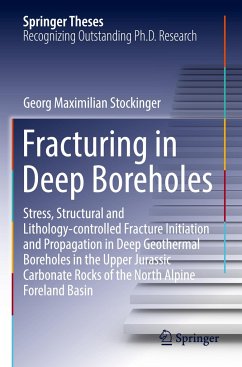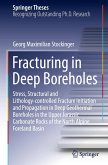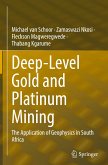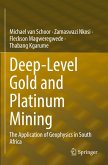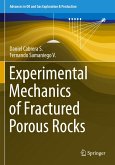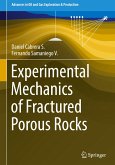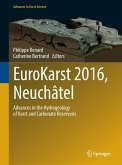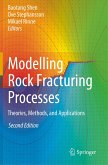The development of the base-load capable, climate-friendly, and practically inexhaustible source of "geothermal energy" represents an important pillar of the energy supply of the future. If it were possible to expand geothermal energy production accordingly, Germany could generate 100% of its energy in a climate-neutral manner by 2050. The joint research project "Dolomitkluft," funded by the German Federal Ministry for Economic Affairs and Energy from 2016 to 2018, aims to establish a new and improved reservoir model for the Upper Jurassic carbonates of the Northern Alpine Foreland Basin for deep geothermal energy. Emerged from this project, the dissertation by Mr. Stockinger geomechanically and numerically characterizes the deep geothermal reservoir in carbonate rocks-limestones and dolomites-of the Upper Jurassic in the Northern Alpine Foreland Basin in over 4000 m depth. This book specifically addresses fracture initiation, propagation, and hydraulic conductivity around a borehole and their controlling factors such as the in situ stress, the existing discontinuity network, and the geomechanical rock properties. Mr. Stockinger has thus successfully addressed the most important aspects for the retrievability of deep geothermal energy at its point of origin-namely the (deep) borehole.
Bitte wählen Sie Ihr Anliegen aus.
Rechnungen
Retourenschein anfordern
Bestellstatus
Storno

